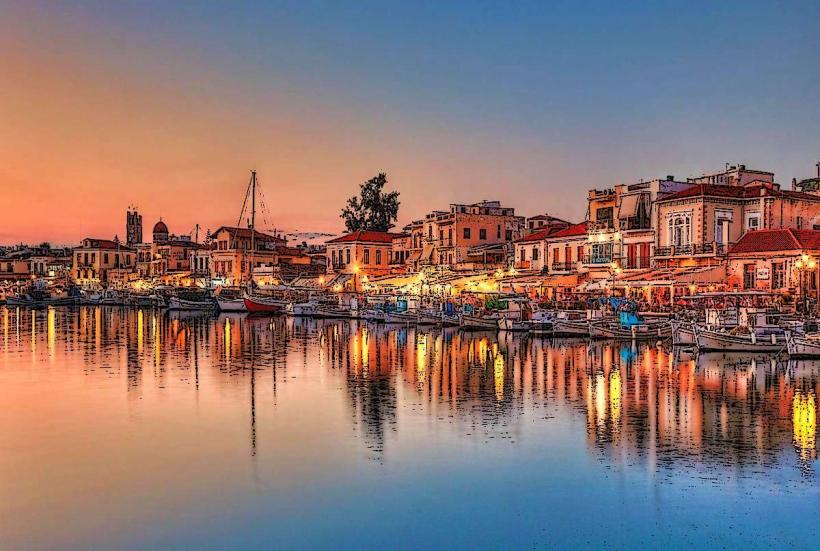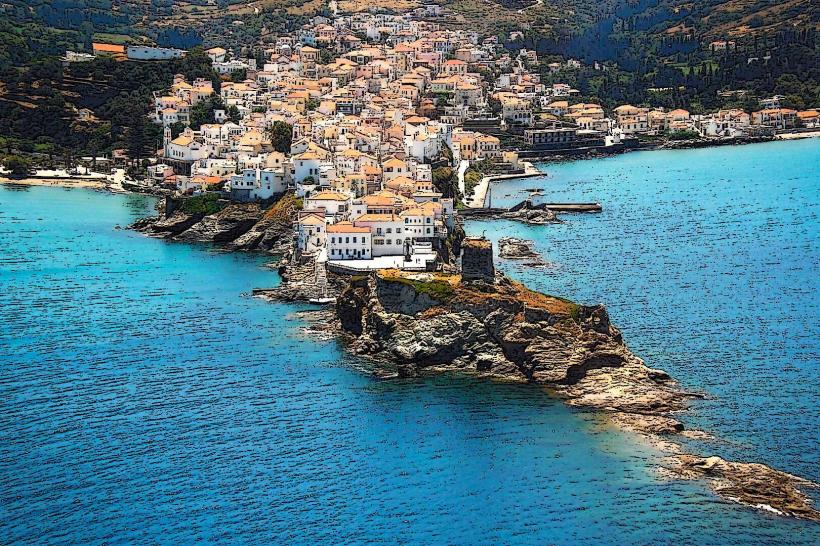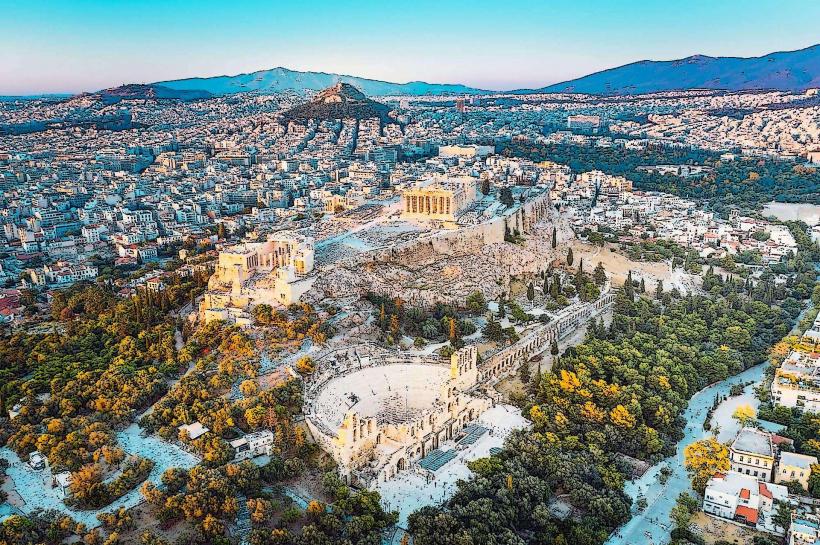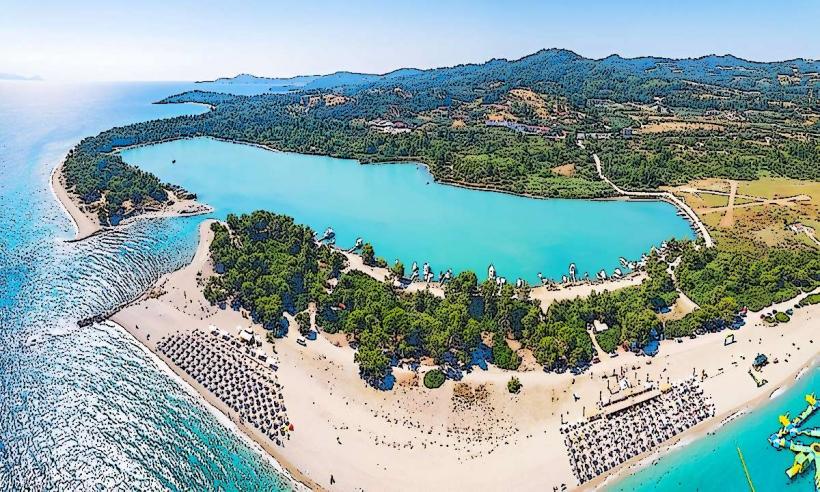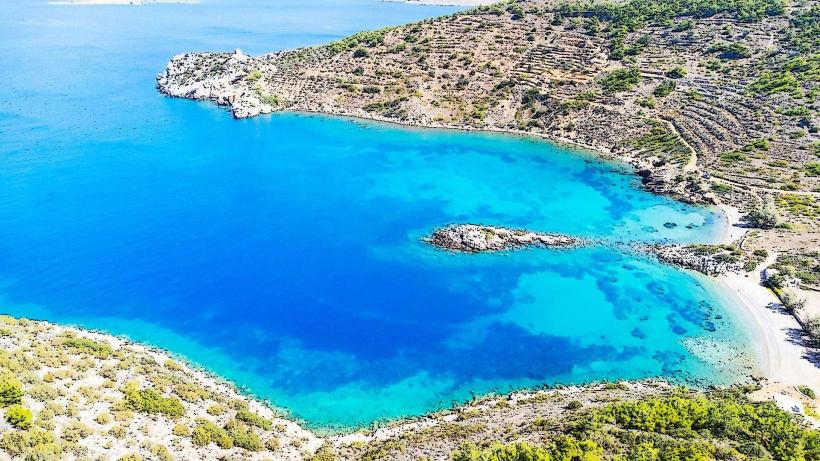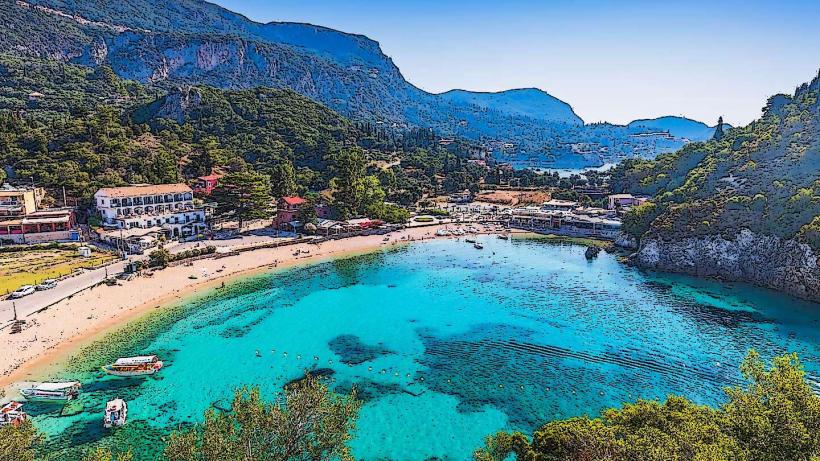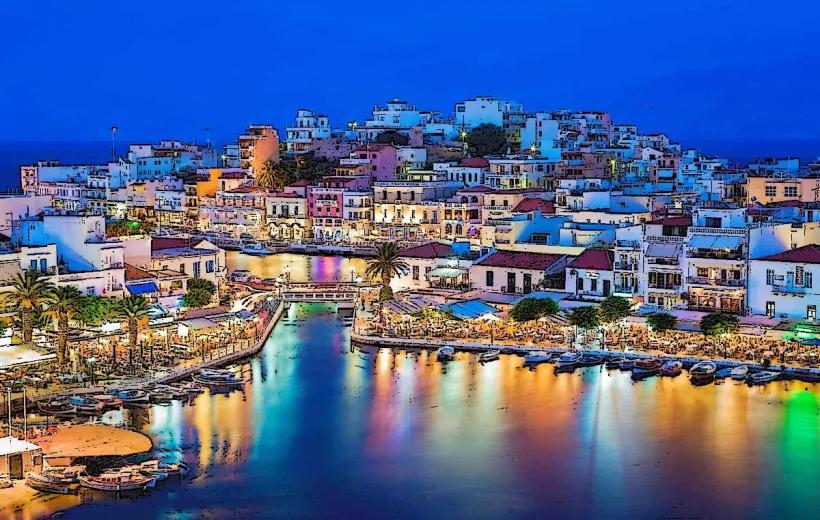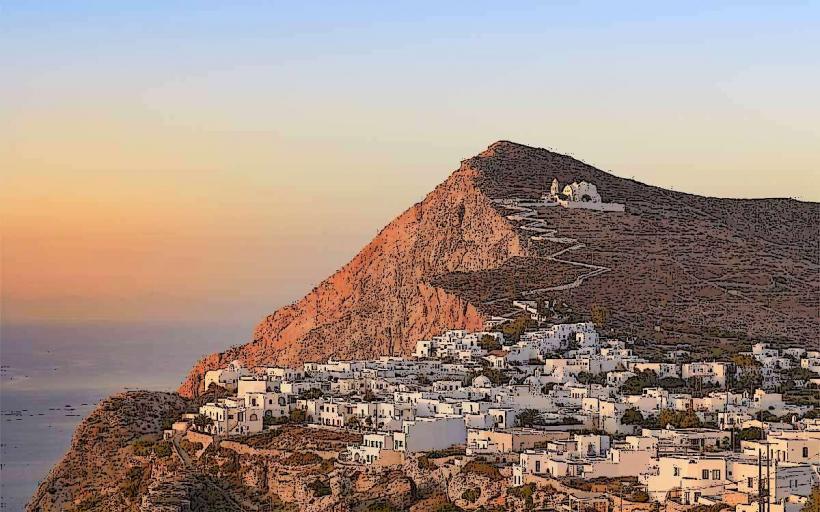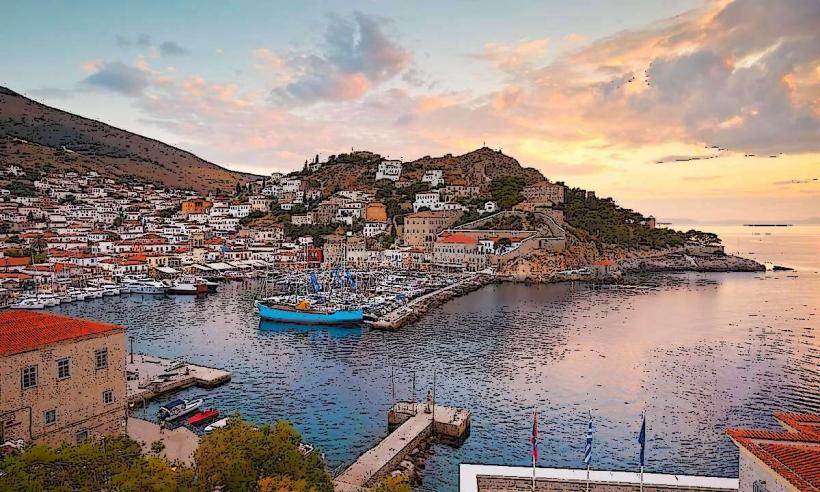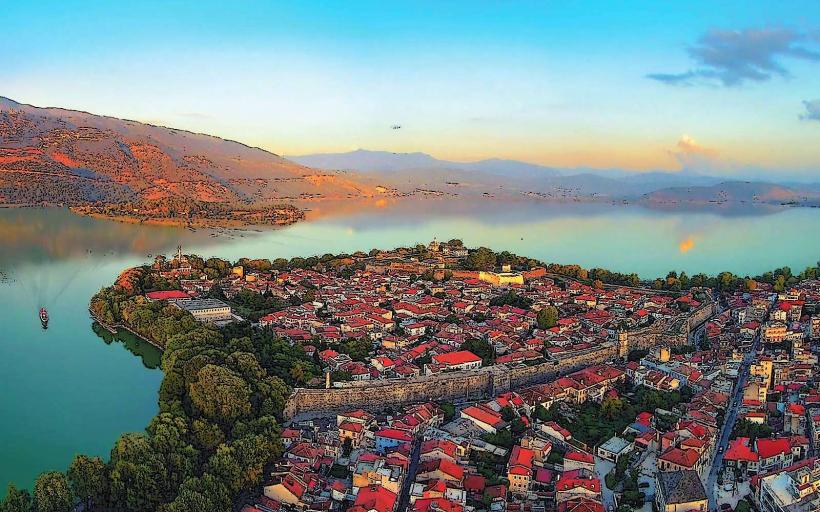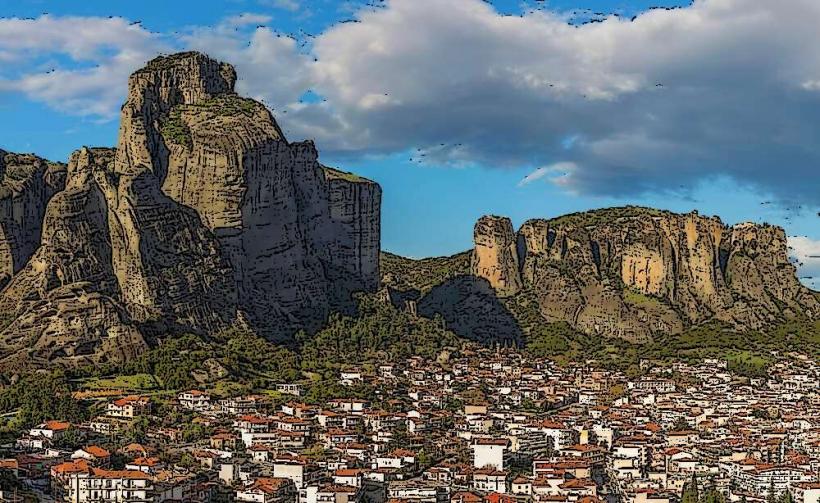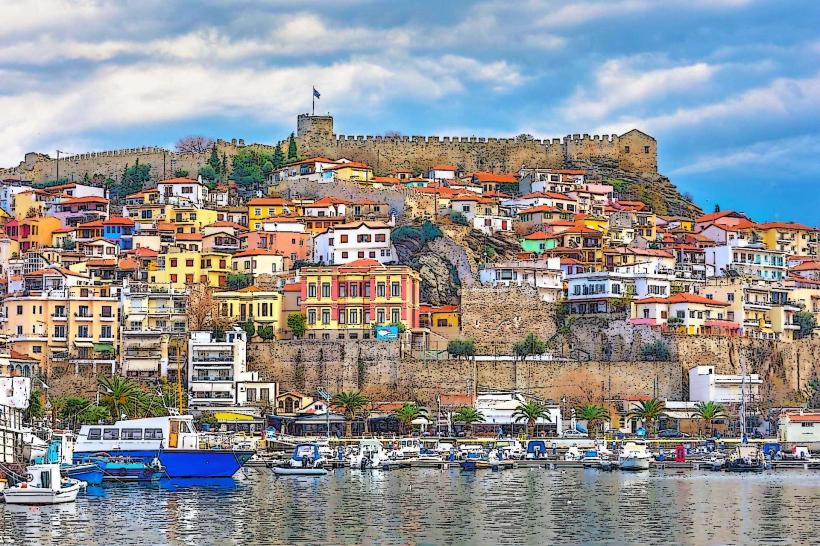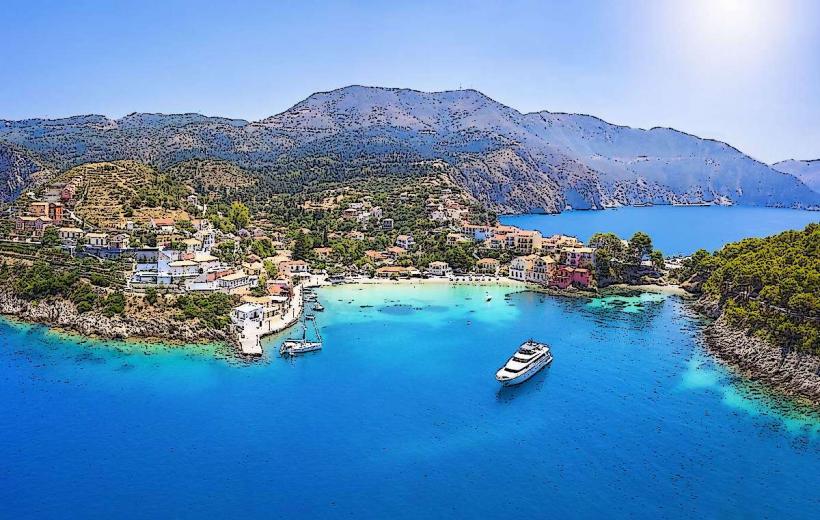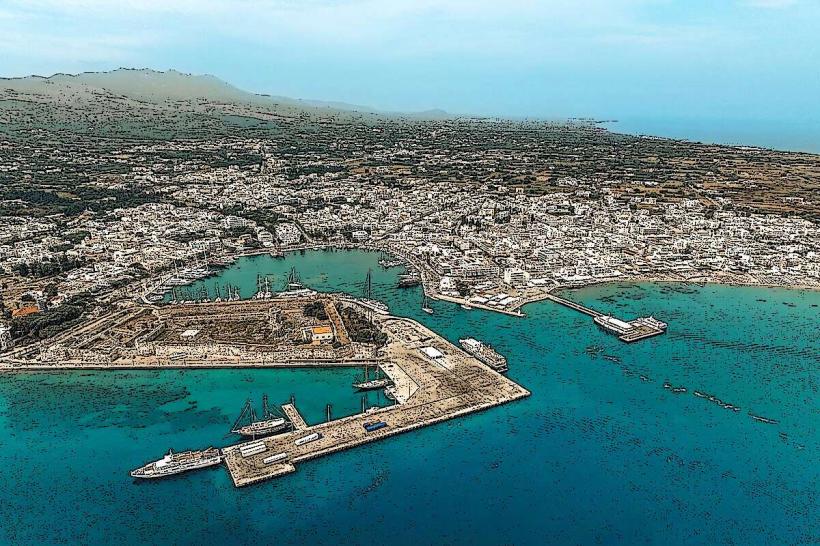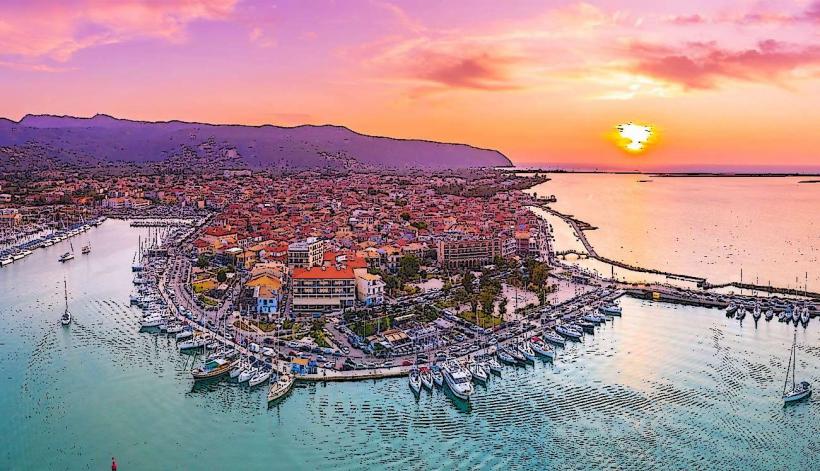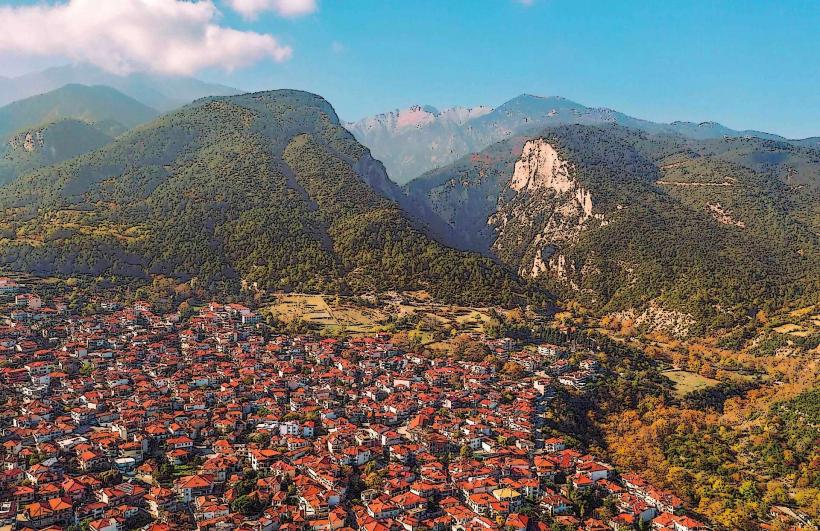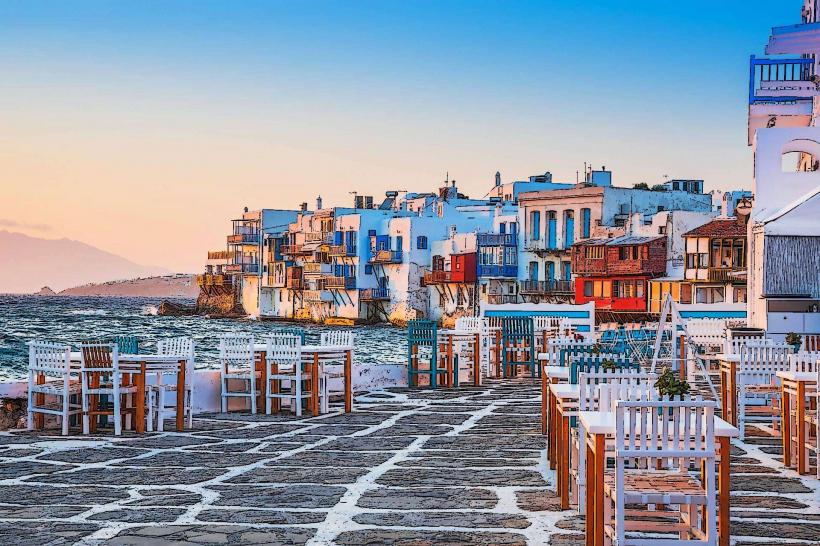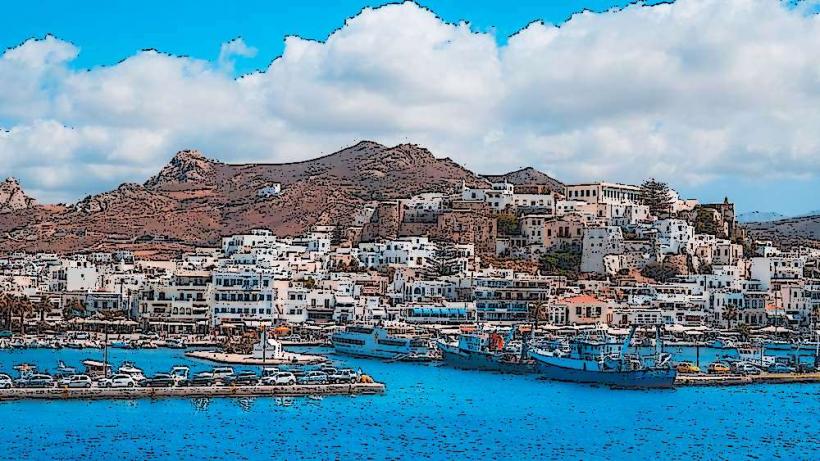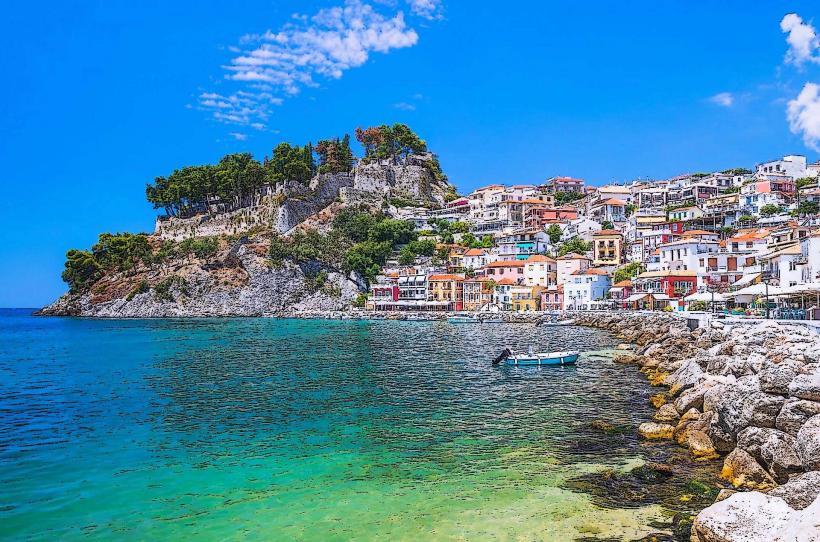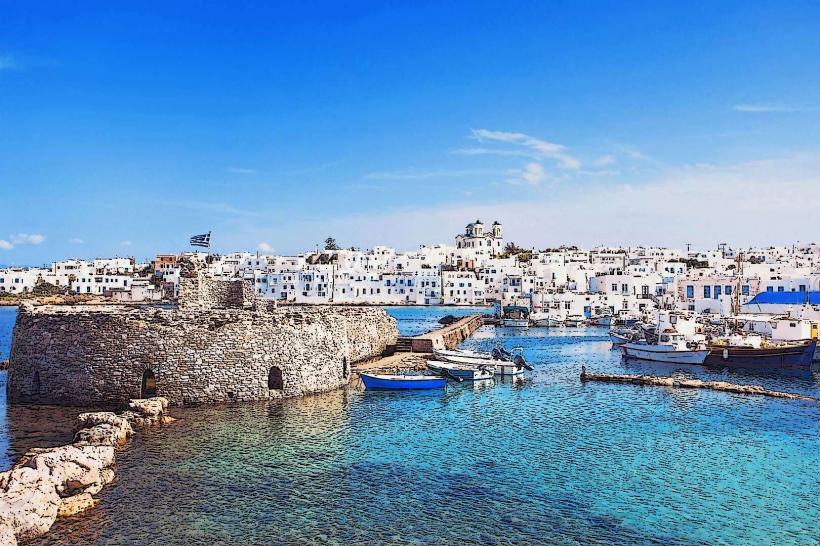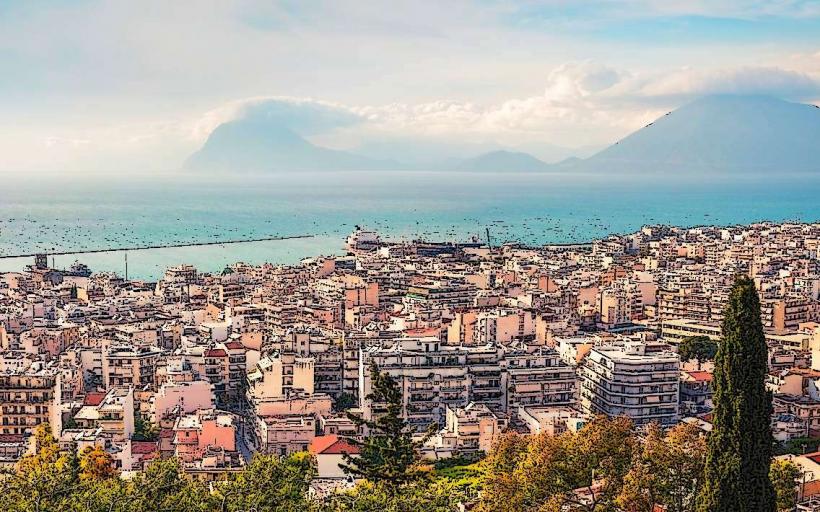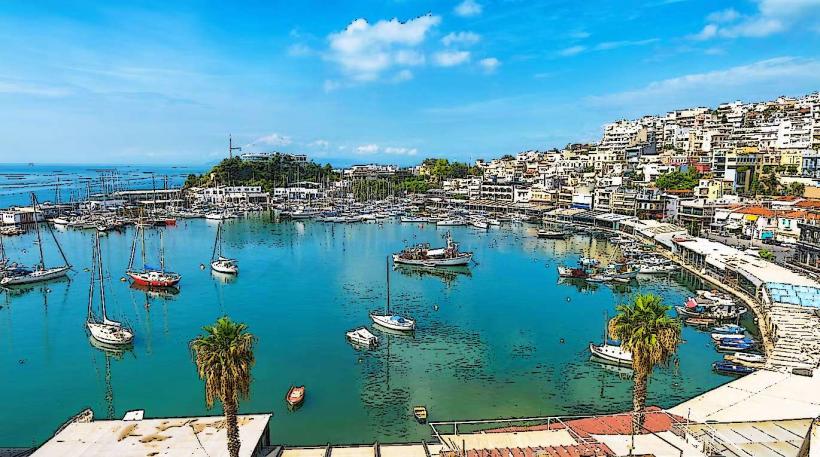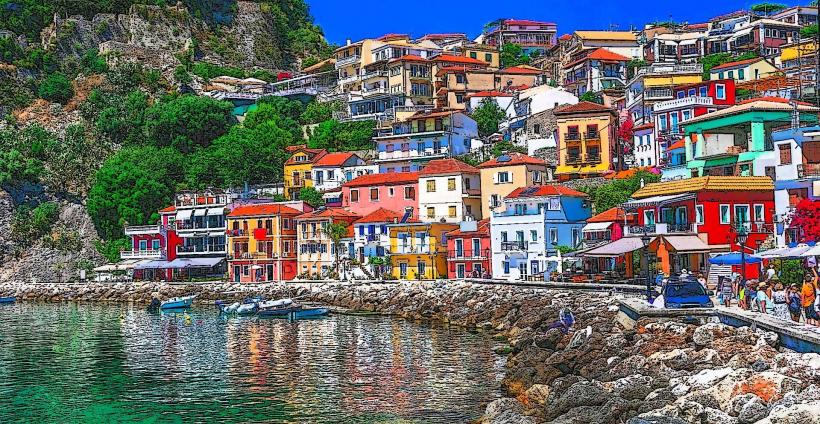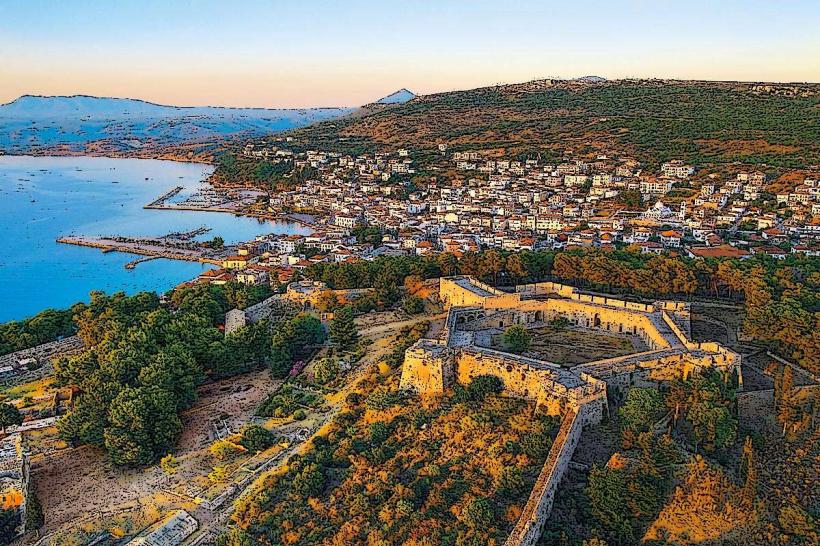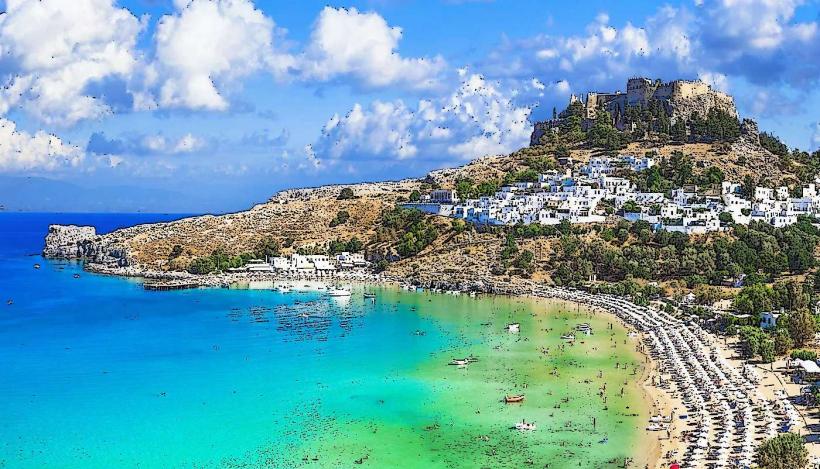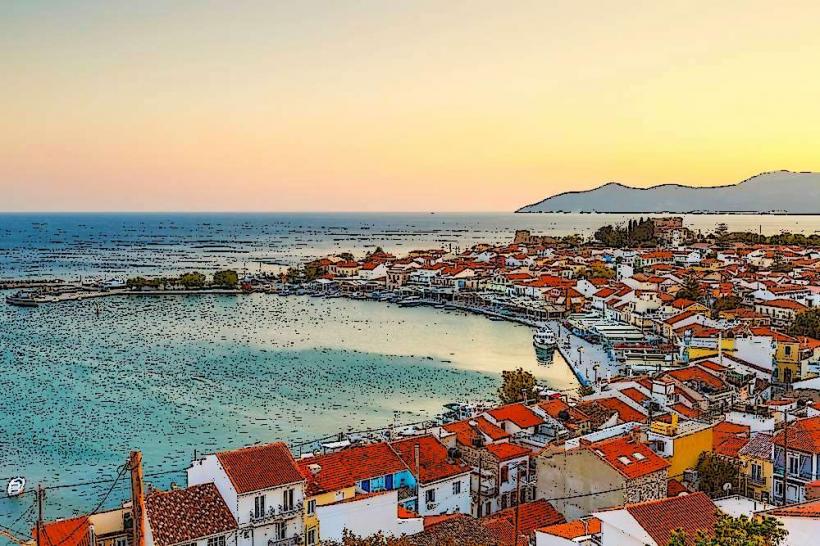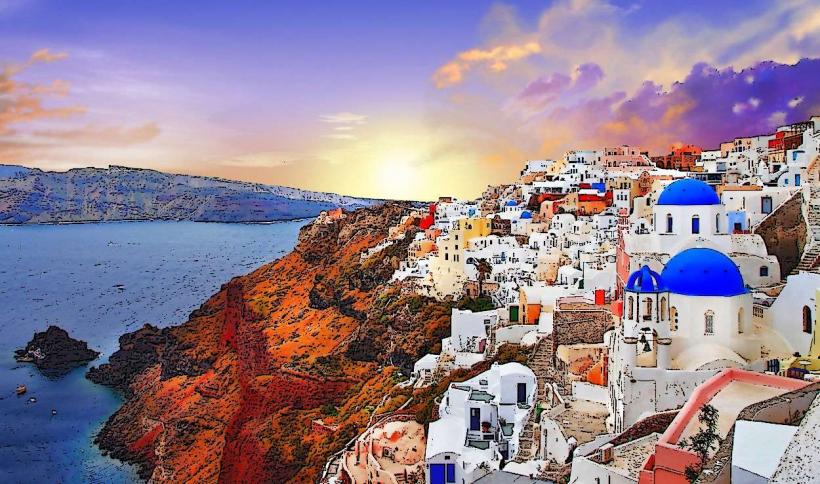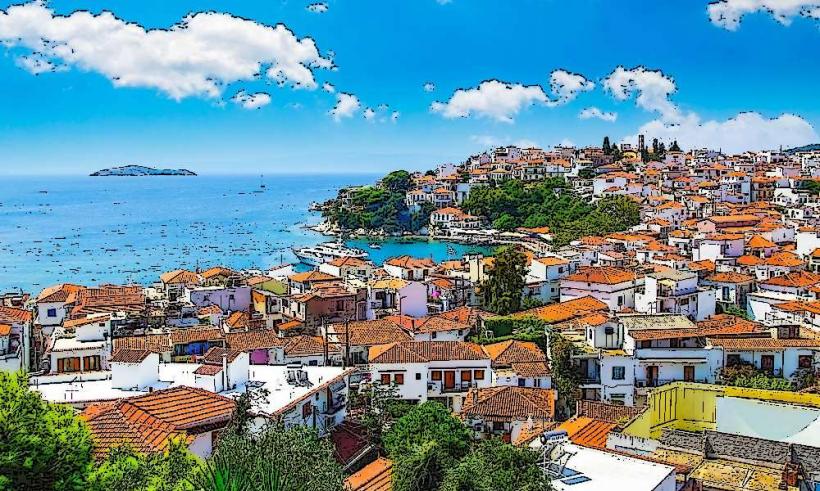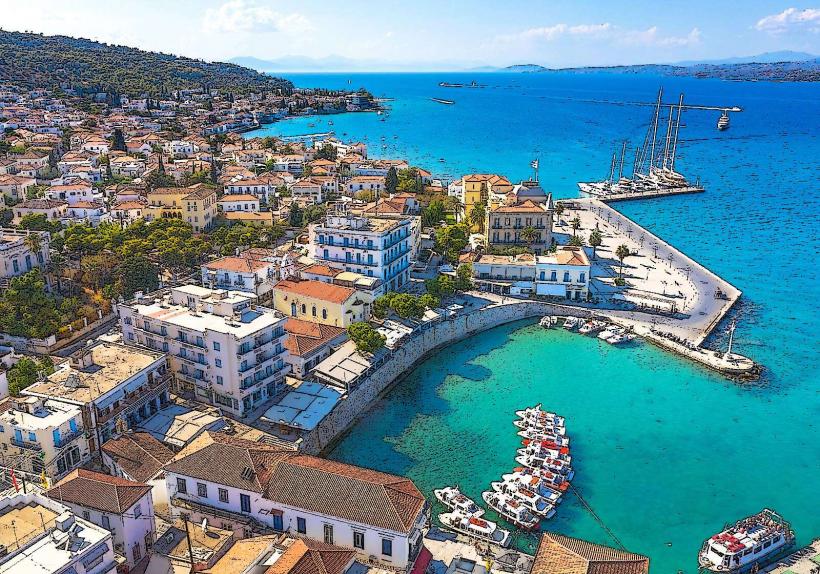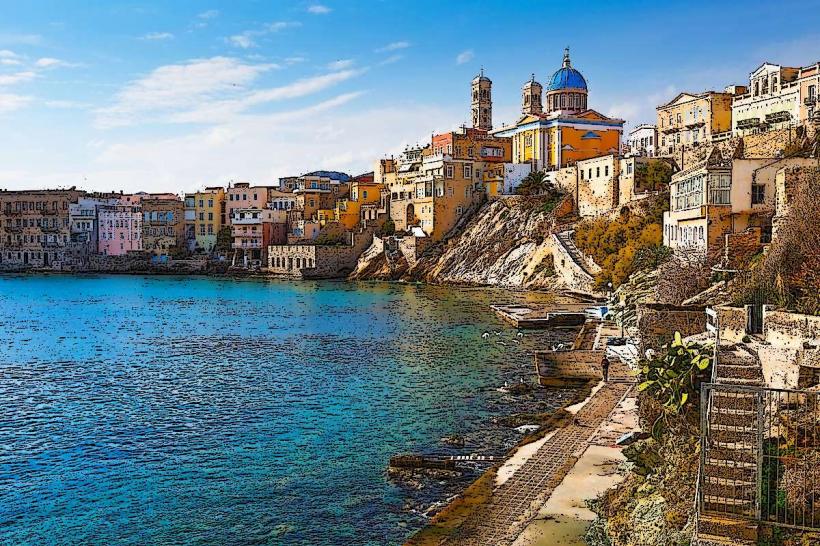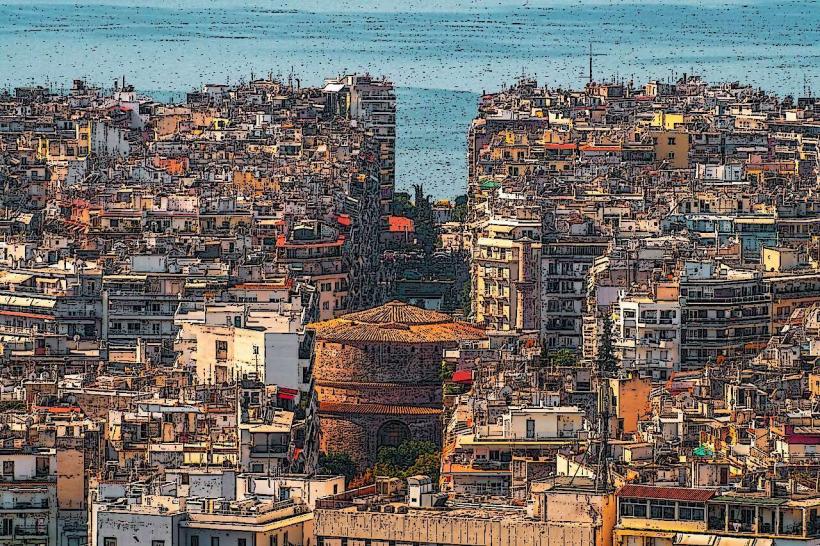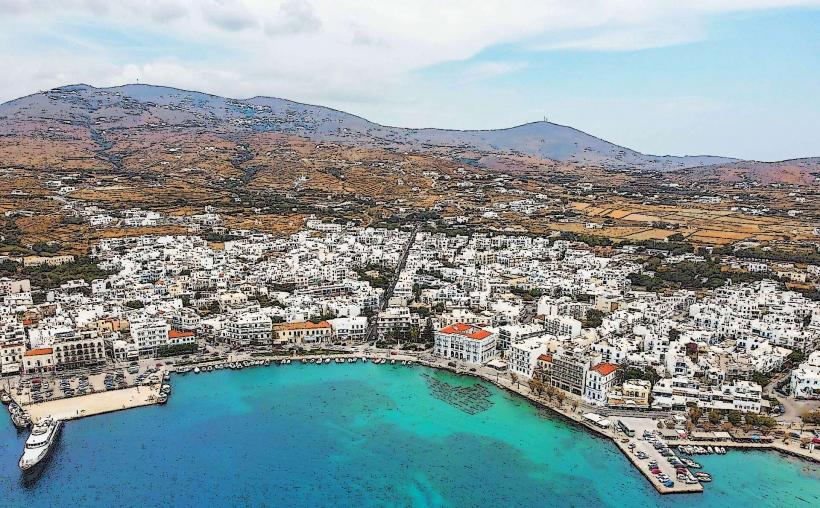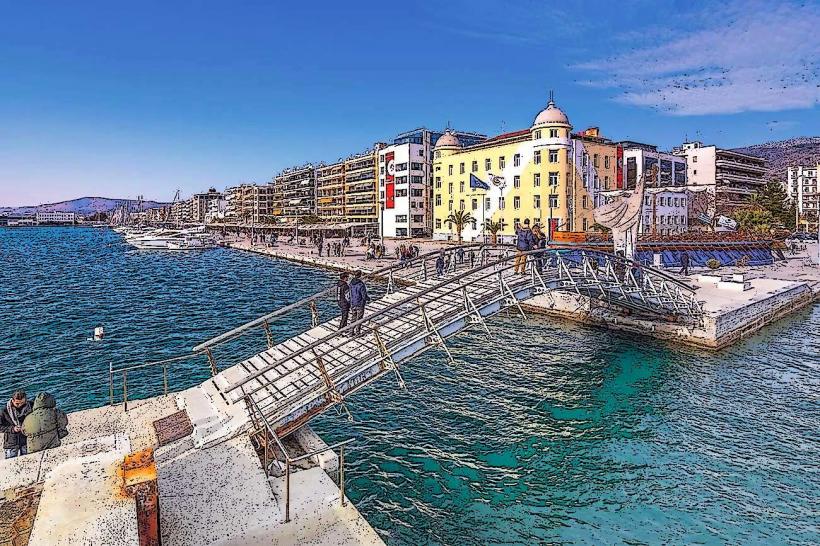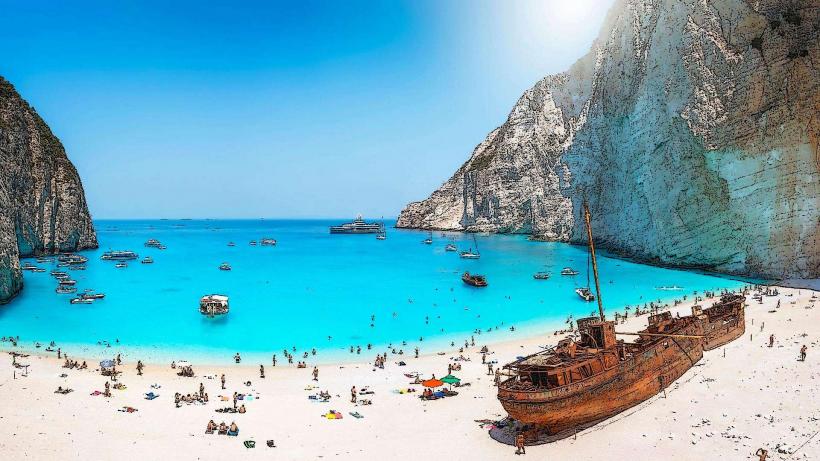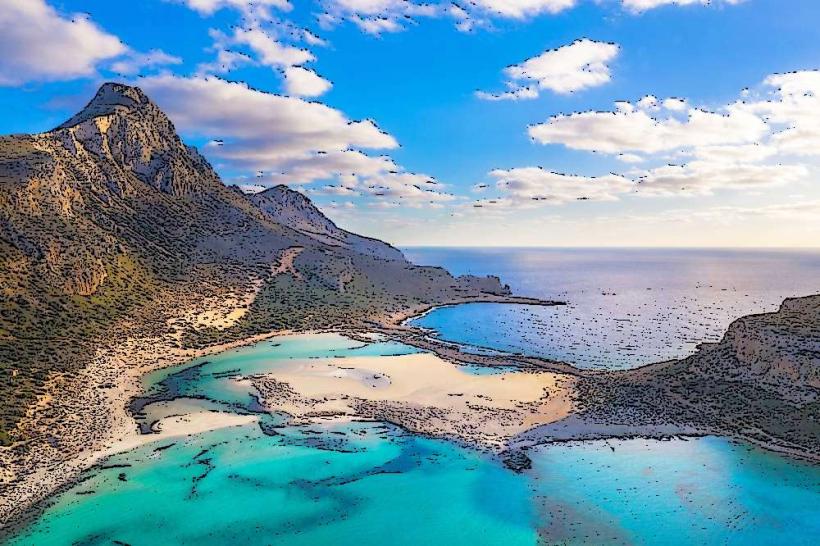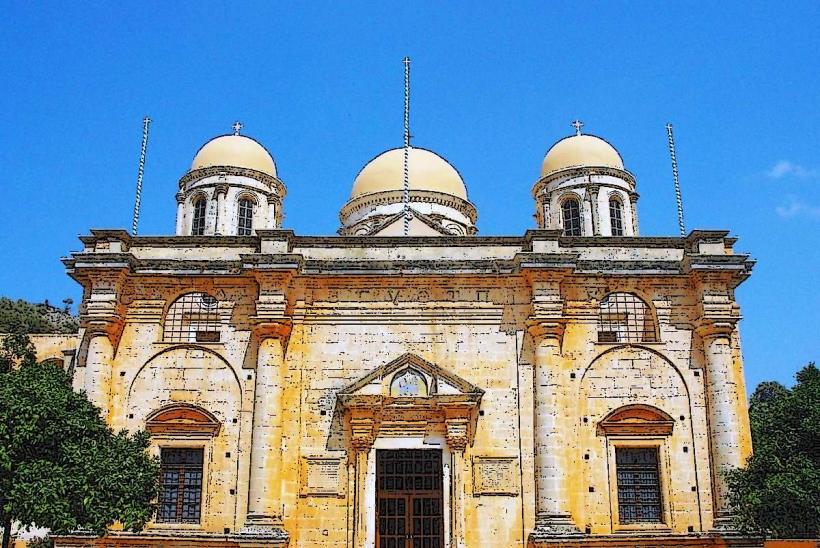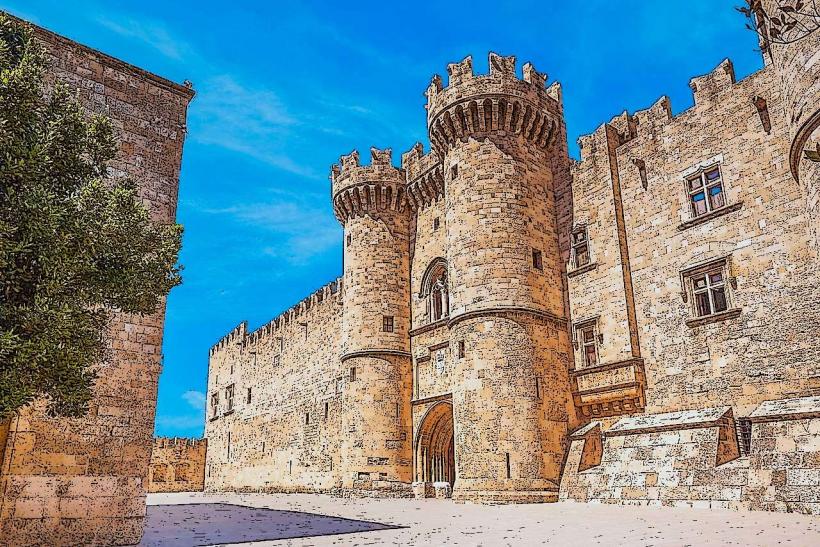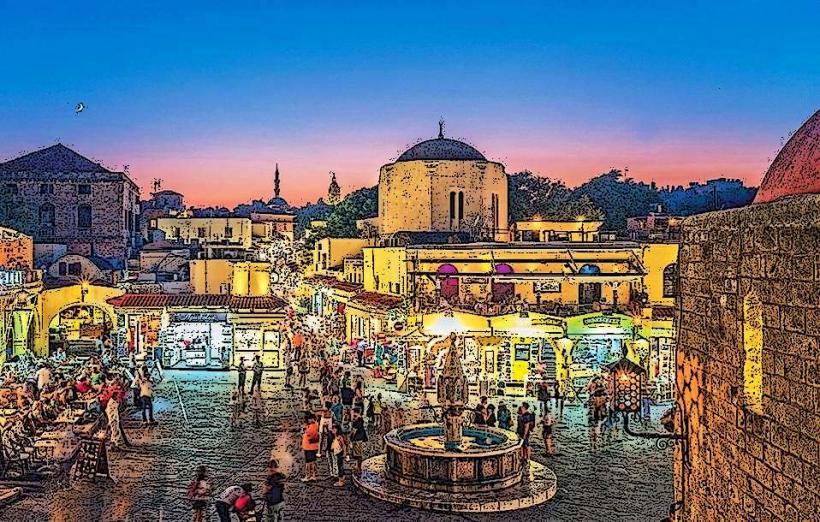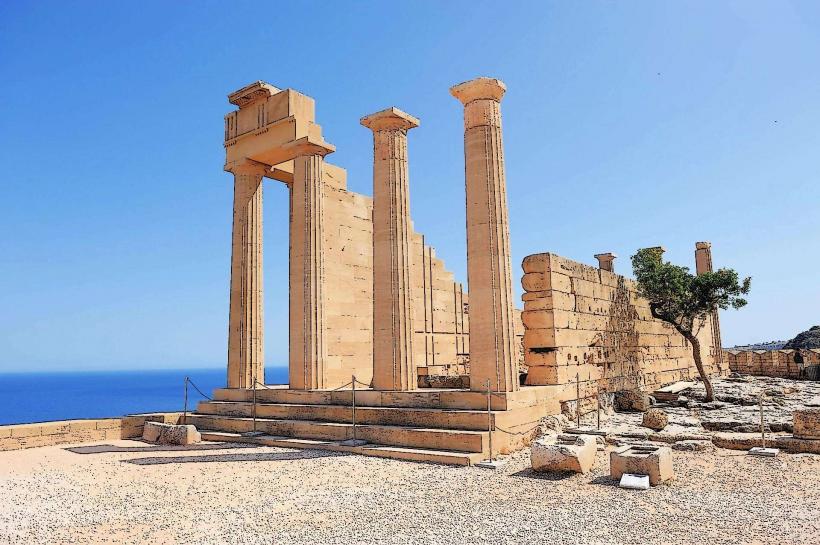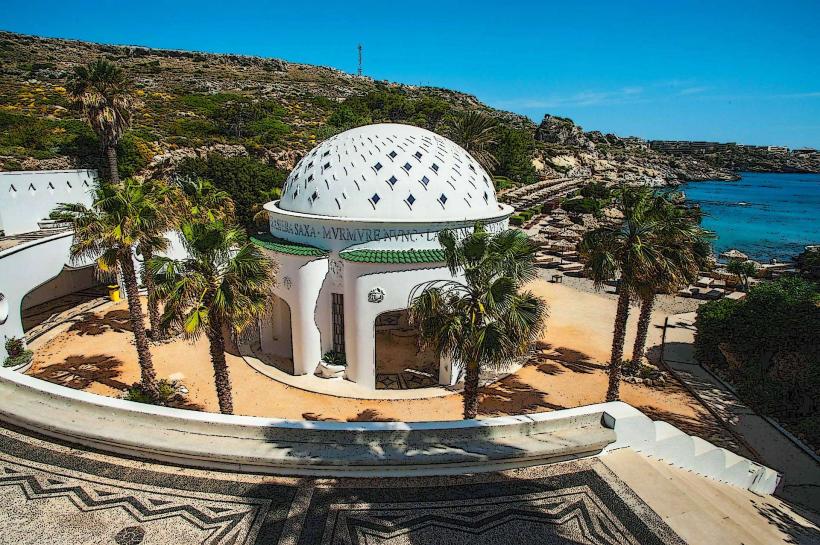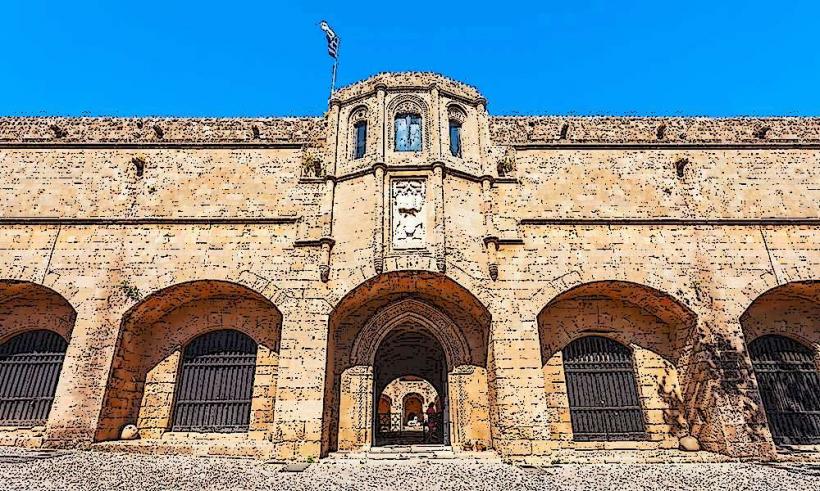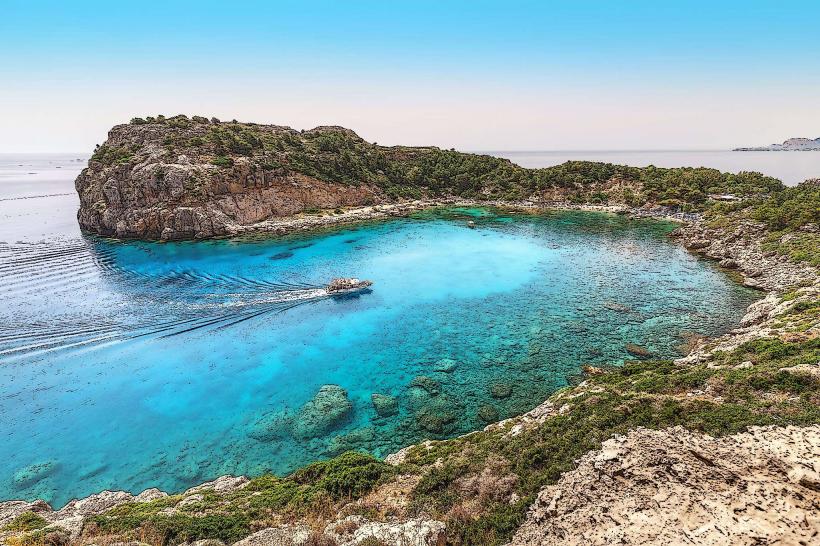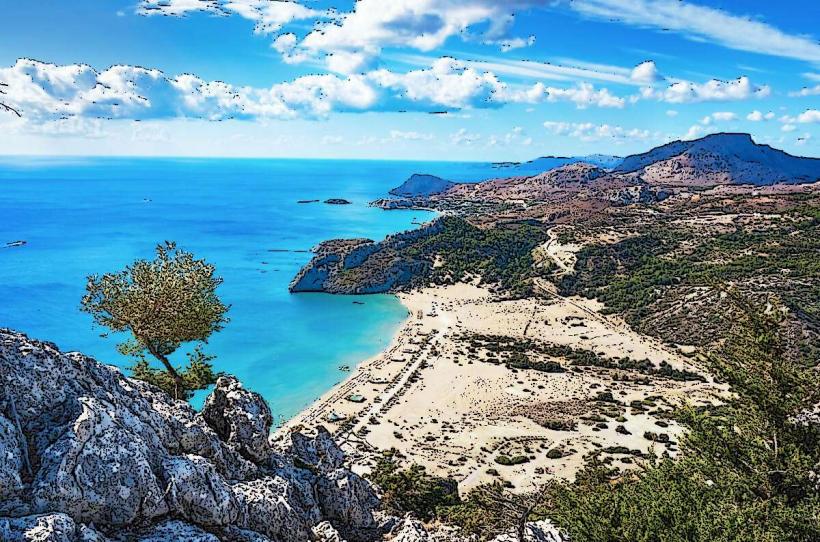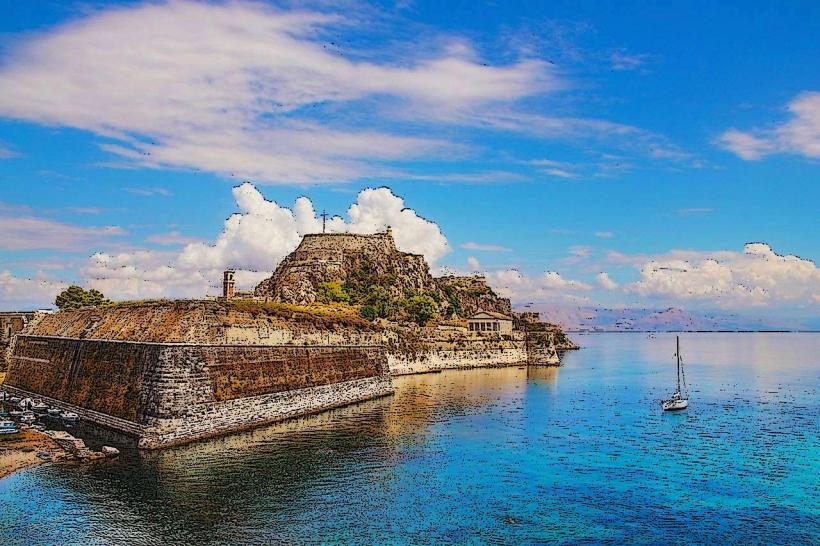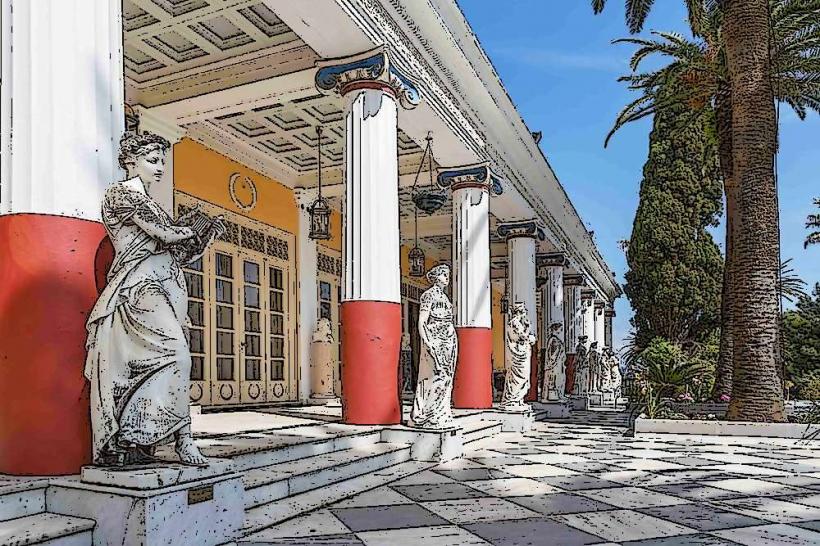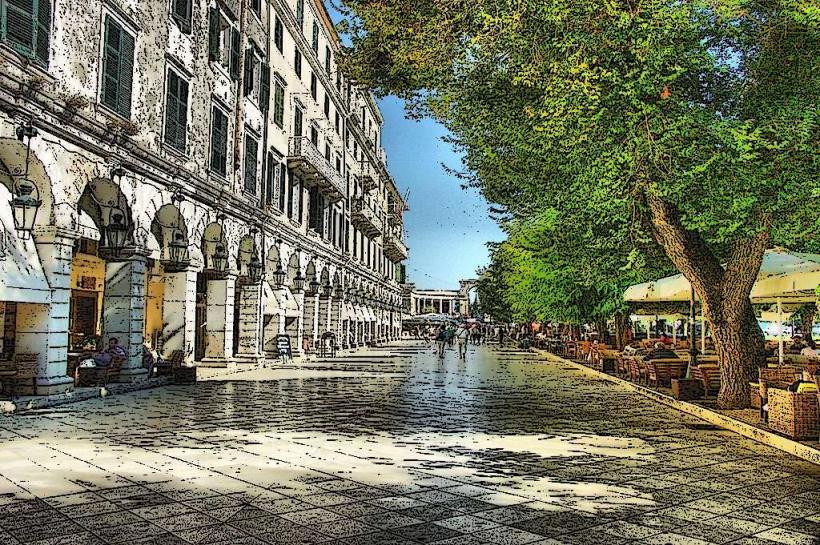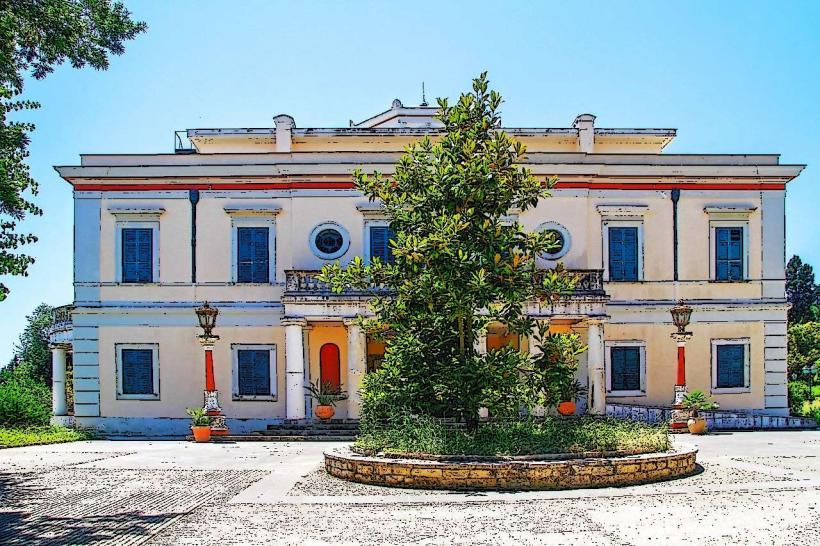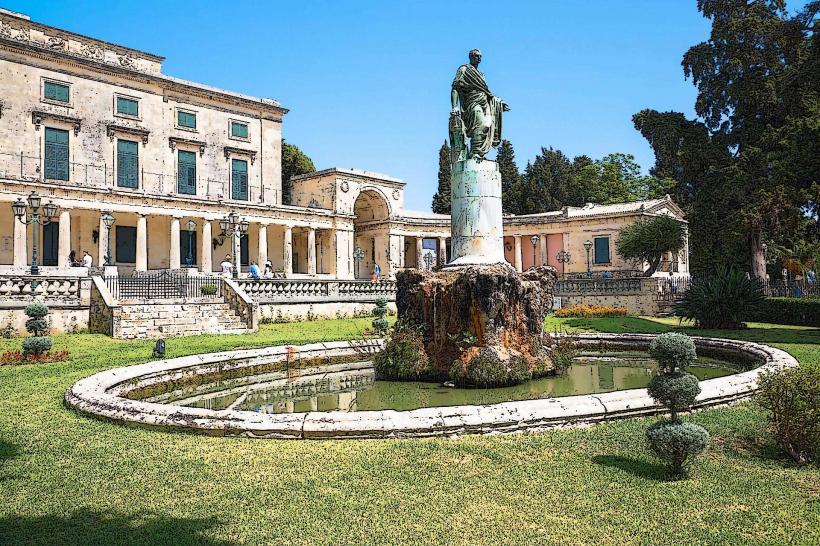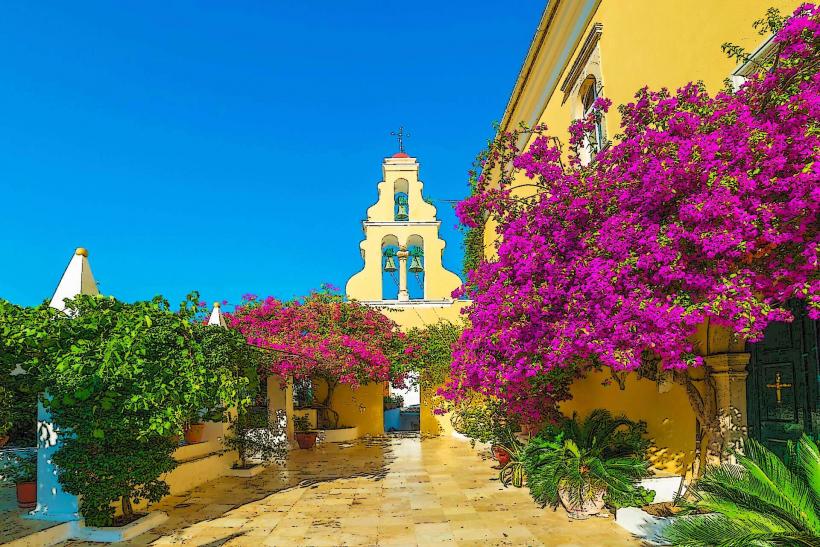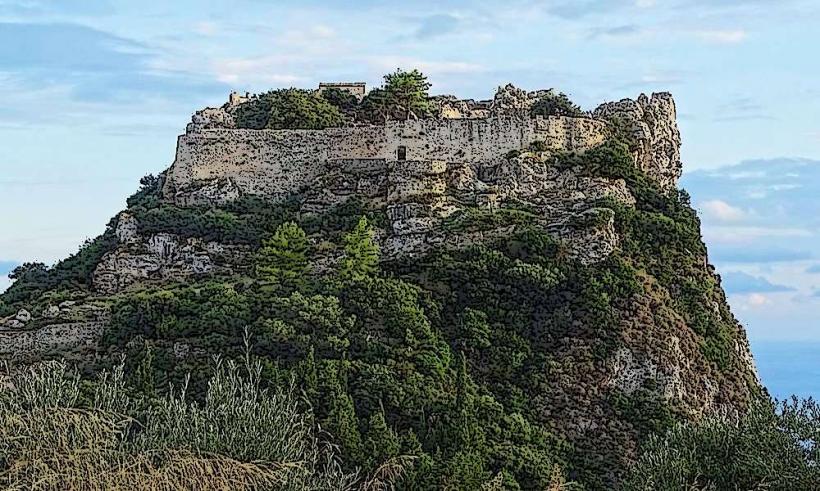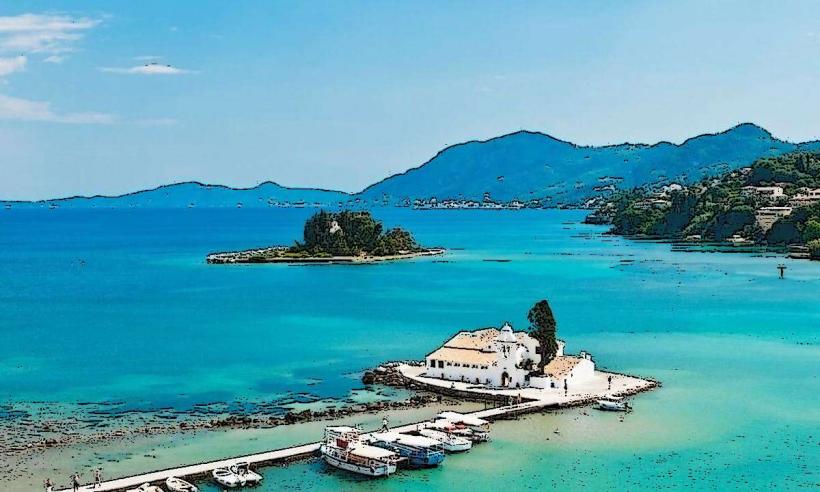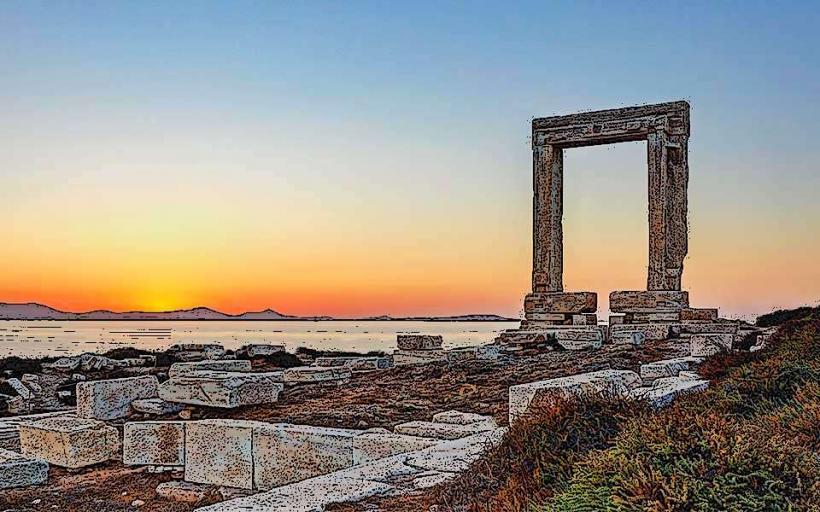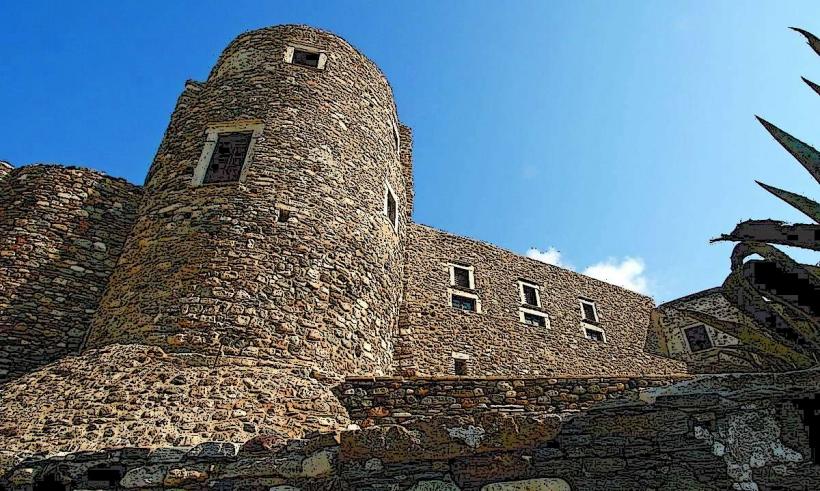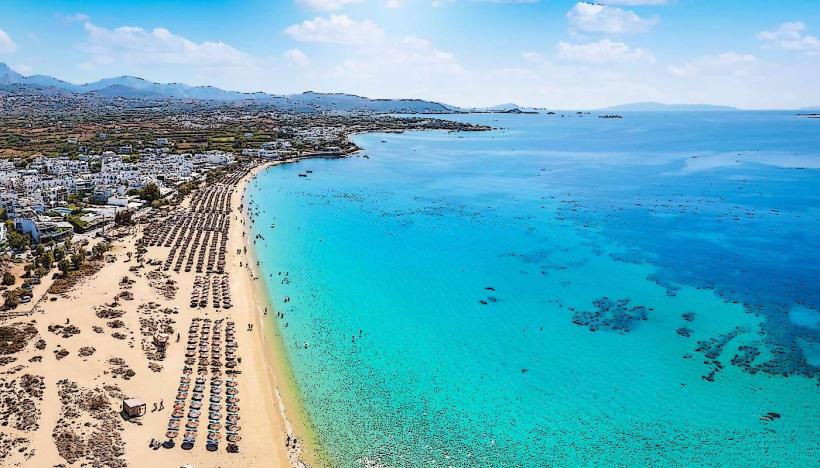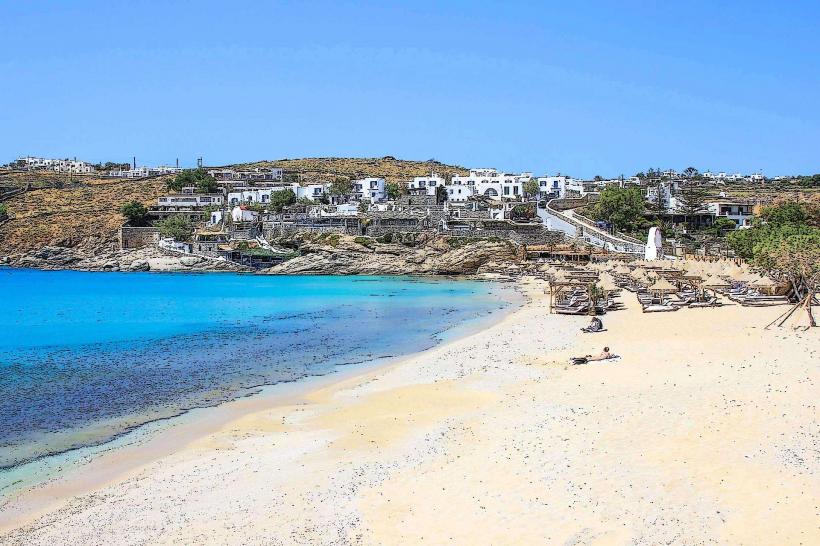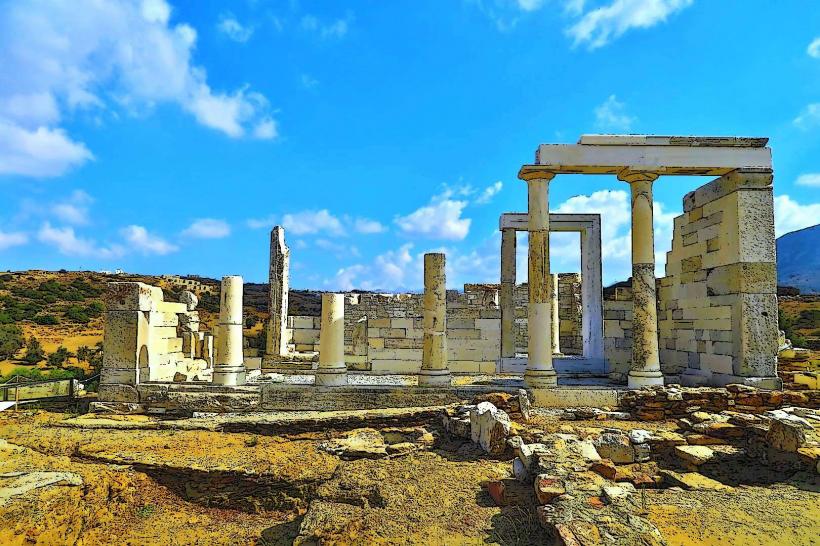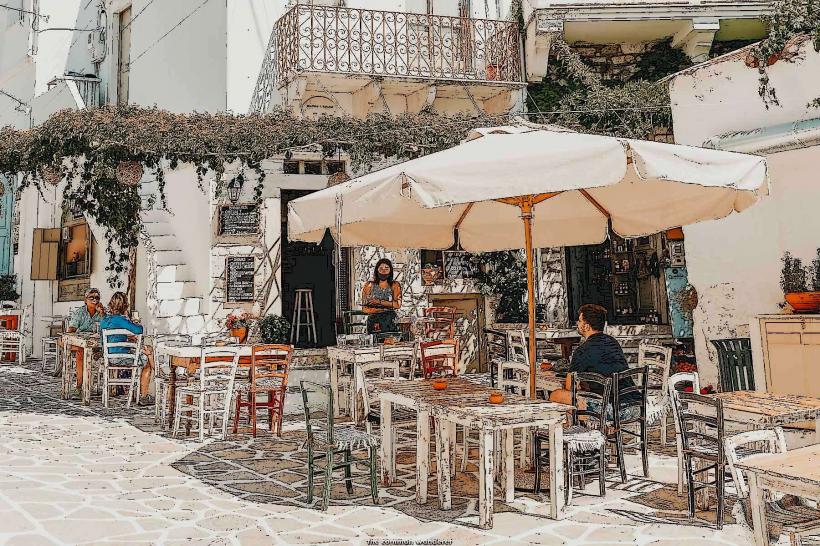Information
Country: GreeceContinent: Europe
Greece is a southeastern European country known for its profound influence on Western civilization, stunning islands, ancient history, and vibrant culture. Famous as the cradle of democracy, philosophy, and the Olympic Games, Greece has a unique combination of natural beauty, rich heritage, and modern lifestyle. Here’s a detailed look at Greece:
Geography
- Location: Greece is located in southeastern Europe, at the crossroads of Europe, Asia, and Africa. It shares land borders with Albania, North Macedonia, Bulgaria, and Turkey. It is surrounded by the Aegean, Ionian, and Mediterranean Seas.
- Islands: Greece has around 6,000 islands and islets, with approximately 227 inhabited. The largest islands include Crete, Euboea, Lesbos, Rhodes, and Corfu, each offering unique landscapes, histories, and cultures.
- Climate: The climate varies, with Mediterranean conditions dominating the coastal and island regions (hot, dry summers and mild, wet winters), and cooler, more mountainous areas experiencing an alpine climate.
History
- Ancient Greece: Greece is famous for its ancient history, dating back to the Bronze Age. The Minoan and Mycenaean civilizations laid the groundwork for the classical Greek culture that followed. Ancient Greece was a collection of city-states, the most powerful being Athens, Sparta, and Corinth. This era saw the birth of democracy, philosophy, theater, and significant advancements in art and science.
- Classical Period: During the 5th century BCE, the Classical Period produced figures like Socrates, Plato, Aristotle, and leaders like Alexander the Great, who expanded Greek culture across Asia, founding cities and spreading Hellenistic ideals.
- Roman and Byzantine Periods: After the Roman conquest, Greece became part of the Roman and later Byzantine Empires. The Byzantines made Constantinople (modern-day Istanbul) a cultural and religious center, preserving Greek traditions.
- Ottoman Occupation: Greece was under Ottoman rule from the 15th to the 19th century, which significantly impacted Greek society, architecture, and traditions.
- Modern Independence: Greece gained independence in 1830 and developed into a modern state. The 20th century saw Greece join the European Union and NATO, experiencing significant economic growth and modernization.
Government and Politics
- System: Greece is a parliamentary republic, with the President serving as head of state and the Prime Minister as head of government.
- European Influence: Greece joined the European Union in 1981 and adopted the euro in 2001, influencing its economy, infrastructure, and policies.
Economy
- Tourism: Tourism is a critical sector, with millions of visitors drawn to Greece’s historical sites, islands, and beaches. Major attractions include the Parthenon in Athens, Santorini’s volcanic landscapes, Mykonos’s vibrant nightlife, and Crete’s ancient Minoan sites.
- Agriculture: Greece has a longstanding agricultural tradition. Olives, olive oil, grapes, wine, and dairy products like feta cheese are central to Greek exports and cuisine.
- Shipping: Greece has one of the world’s largest shipping industries, historically significant and an essential part of its economy. The country’s extensive coastline and numerous ports facilitate maritime trade and logistics.
Culture
- Language: Greek is the official language and one of the oldest written languages in the world, with the alphabet dating back around 3,500 years.
- Cuisine: Greek cuisine emphasizes fresh ingredients, with olive oil, herbs, vegetables, and seafood central to many dishes. Popular dishes include moussaka, souvlaki, tzatziki, baklava, and spanakopita. Greek wine and ouzo, a traditional anise-flavored liqueur, are also famous.
- Festivals and Traditions: Greece has many festivals and customs, often centered around the Greek Orthodox Church. Celebrations like Easter, with its traditional lamb feast and candle processions, are widely observed. Greece is also known for its vibrant summer festivals featuring music, dance, and theater.
Major Cities
- Athens: The capital and largest city, Athens is one of the oldest cities in the world, known for the Parthenon, Acropolis, and historic neighborhoods like Plaka. It’s a cultural hub with museums, theaters, and a vibrant street life.
- Thessaloniki: Greece’s second-largest city, known for its Byzantine churches, vibrant nightlife, and cultural festivals, including the Thessaloniki International Film Festival.
- Patras: Known for its lively carnival, Patras is an important port city and a gateway to the Ionian Islands and Italy.
- Heraklion: The capital of Crete, known for the ancient Minoan palace of Knossos and beautiful Mediterranean beaches.
- Larissa: An agricultural hub in central Greece, known for its proximity to Mount Olympus and rich history dating back to ancient times.
Tourism Highlights
- Acropolis and Parthenon: These iconic monuments in Athens are some of the world’s most famous ancient ruins, representing the architectural and artistic achievements of Classical Greece.
- Santorini: Known for its white-washed buildings, blue-domed churches, and stunning sunsets, Santorini is a popular destination for honeymooners and travelers seeking scenic beauty.
- Mykonos: Famous for its nightlife, beaches, and luxury lifestyle, Mykonos is one of Greece's most cosmopolitan islands.
- Meteora: A UNESCO World Heritage site, Meteora features monasteries built on towering rock formations, offering incredible views and spiritual significance.
- Mount Olympus: The mythical home of the Greek gods, Mount Olympus is a popular hiking destination with rich biodiversity and historical significance.
Education and Science
- Higher Education: Greece has numerous universities and research institutions, including the National and Kapodistrian University of Athens and the Aristotle University of Thessaloniki. Greek scholars and scientists have contributed to fields like philosophy, astronomy, medicine, and mathematics since antiquity.
- Scientific Contributions: Ancient Greece made groundbreaking contributions to Western science and philosophy through figures like Archimedes, Hippocrates, Pythagoras, and Euclid.
Religion
- Greek Orthodox Church: Greek Orthodoxy is the predominant religion in Greece, with the Church playing a significant role in cultural traditions and festivals. Monastic communities like those in Mount Athos are significant religious sites.
Transportation
- Public Transit: Greece has a well-developed transportation system, including metro systems in Athens and Thessaloniki. Ferries connect the mainland to the islands, and regional buses (KTEL) offer routes to major cities and towns.
- Airports: Athens International Airport is the primary gateway for international visitors, with other regional airports like Thessaloniki, Heraklion, and Santorini serving significant numbers of domestic and international travelers.
Conclusion
Greece’s blend of ancient history, stunning landscapes, and vibrant modern culture make it one of Europe’s most fascinating and beloved countries. From the ancient ruins of Athens to the idyllic islands of the Aegean, Greece offers a rich tapestry of experiences, drawing on its history as the birthplace of Western civilization and its enduring traditions. With a warm Mediterranean spirit and an enduring legacy, Greece continues to captivate and inspire travelers from around the world.

